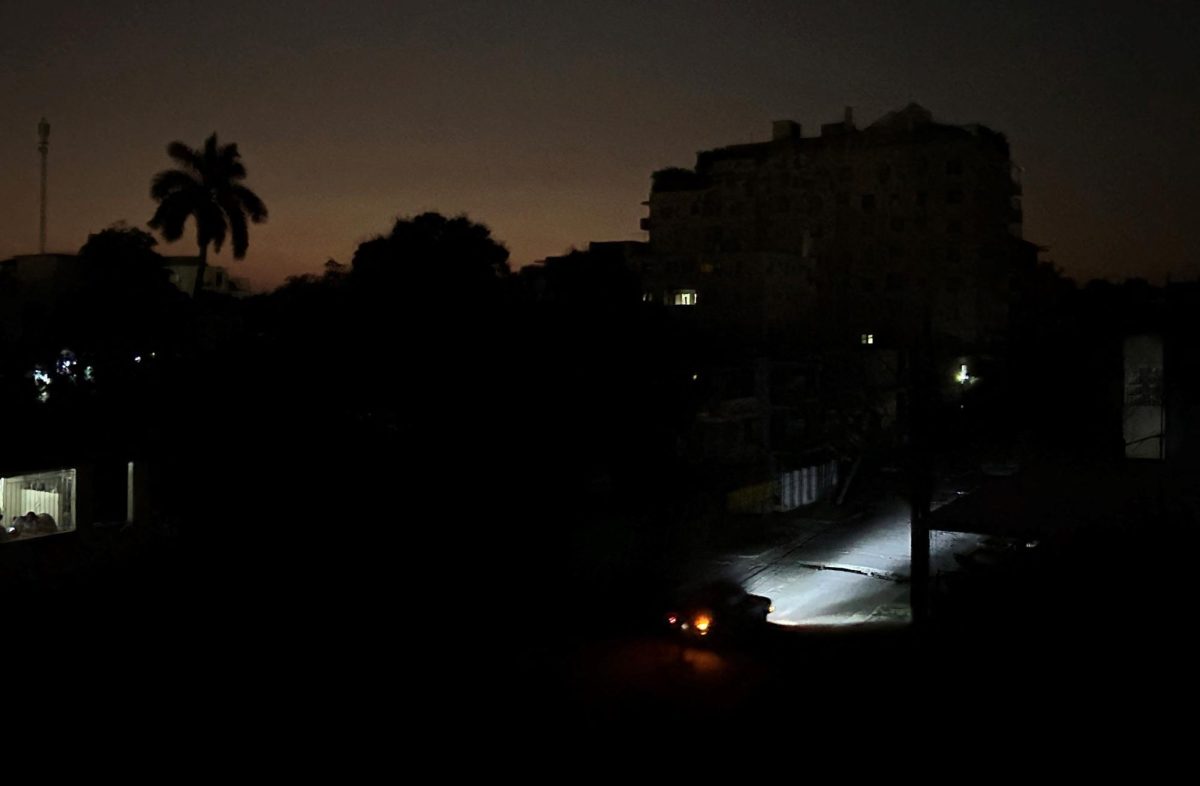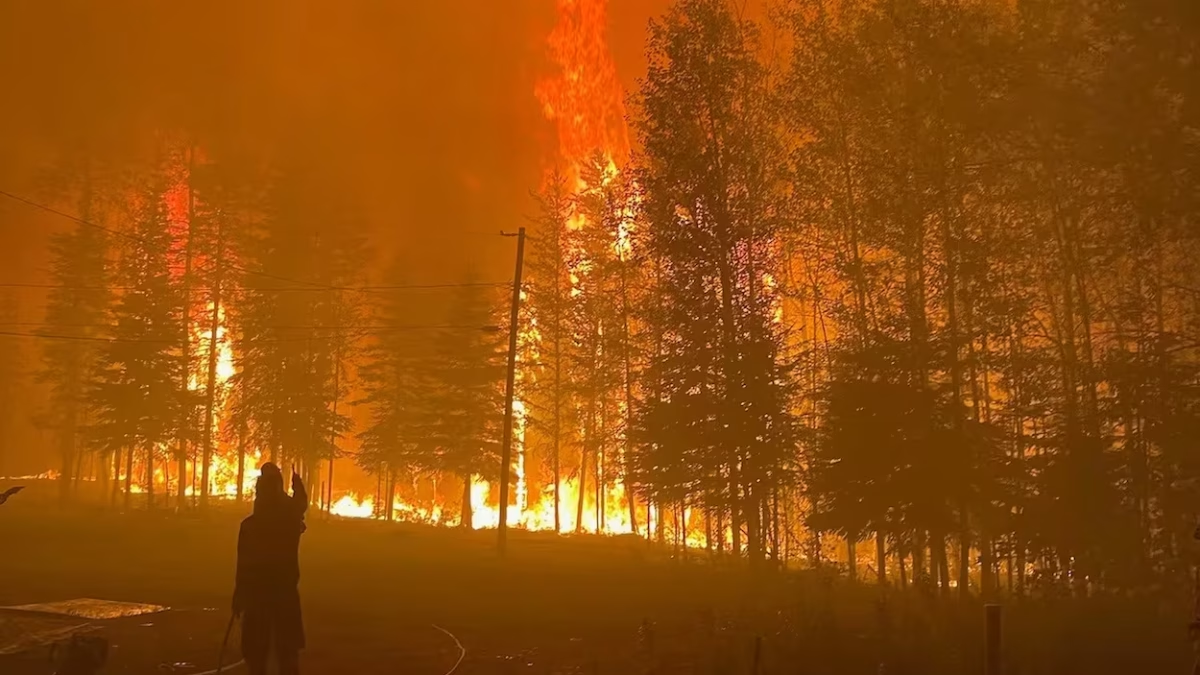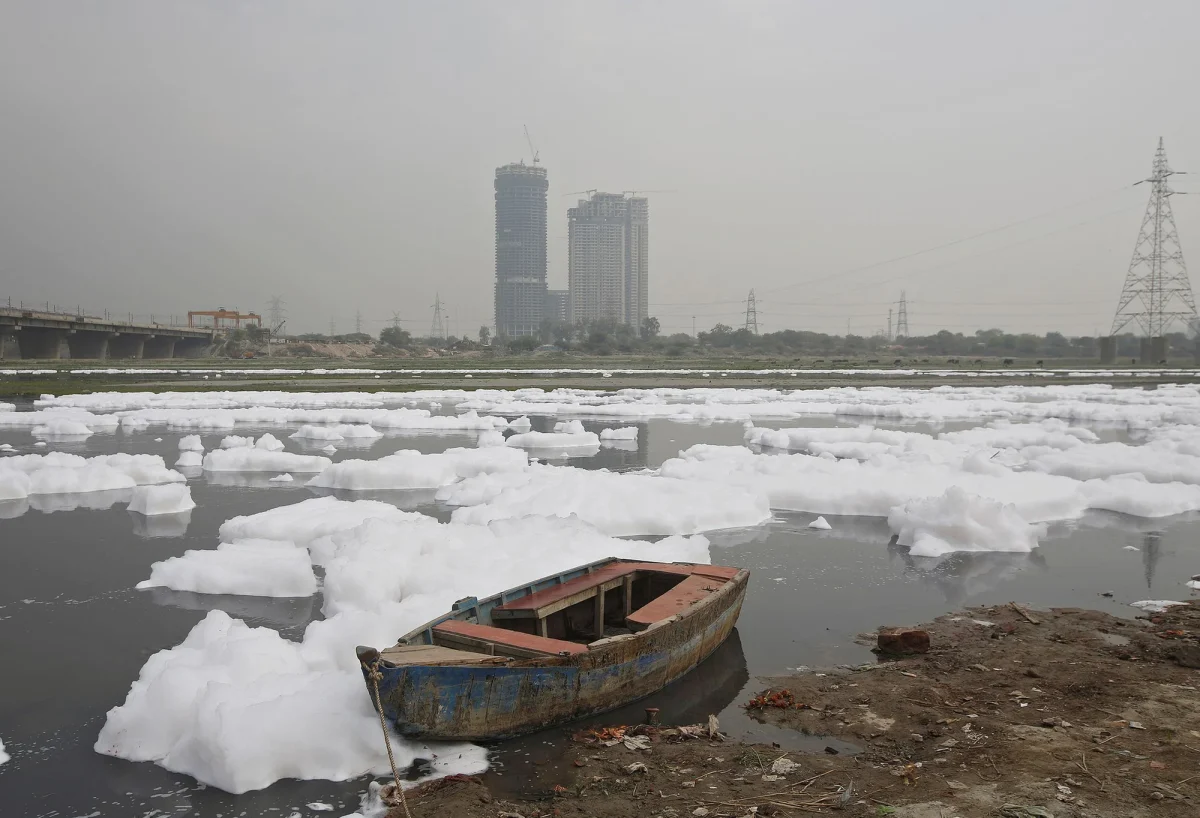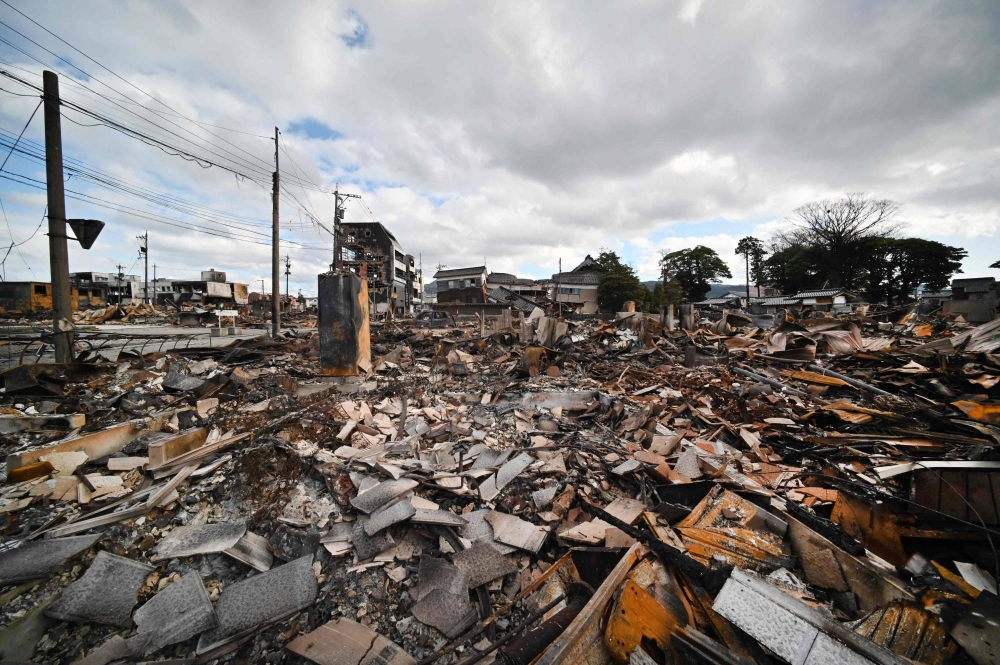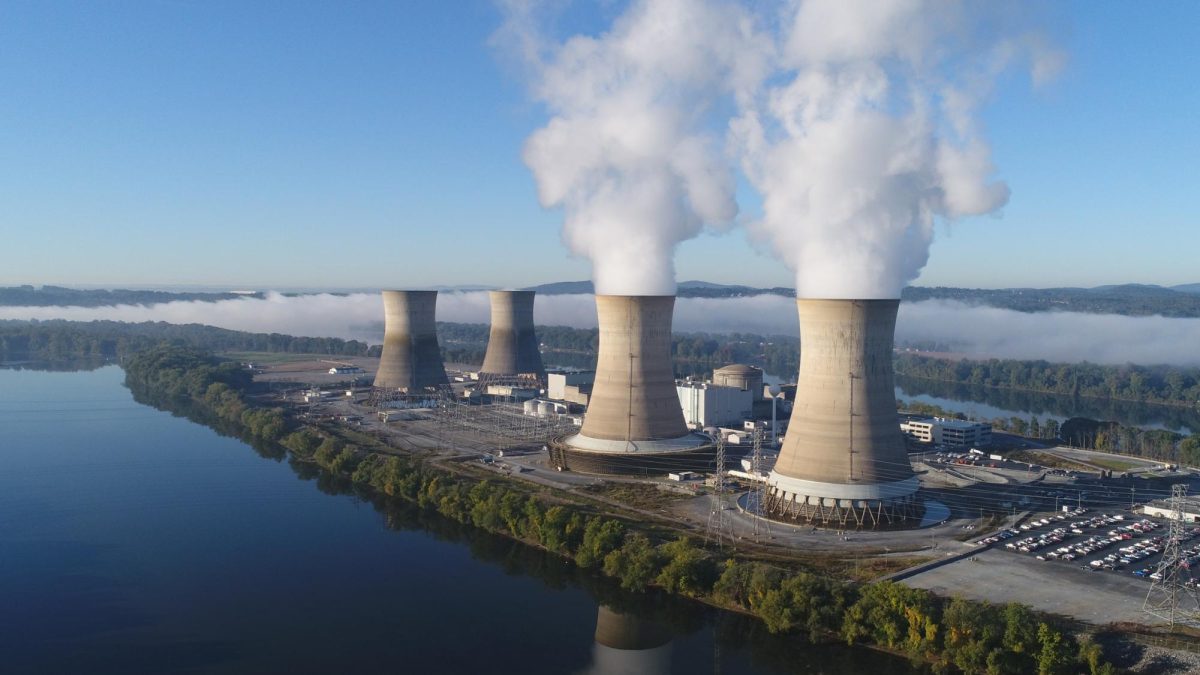On Friday night, March 14th, many provinces of Cuba and the capital, Havana, were left in the dark by a power outage. Another massive power outage affected the population as the clock hit 8:15 pm local time.
Residents from provinces like Guantánamo, Artemisa, Santiago de Cuba and Santa Clara claimed having lights that barely even flicker. With severe shortages of food, fuel, and water combined with repeated power outages, life for Cubans is becoming more unbearable. Lazaro Hernandez, a cafeteria worker in Havana, said: “It’s very complicated because without electricity, keeping food is difficult”.
The latest power outage in Cuba resulted in a series of blackouts from late last year. In fact, Cuba went through a few blackouts in October, November, and December. These problems plunged the fragile power-generating system into poor condition. This Caribbean country is also threatened by other problems such as fuel shortage, natural disaster, and an economic crisis, which don’t help with the electricity problems.
The Ministry of Energy and Mines attributed the blackouts to a problem at a power station in the suburbs of Havana. It had caused “a significant loss of generation in western Cuba and, with it, the failure of the National Electric System”, they said. The streets of Havana were completely dark as the light was only coming from hotels that had generators.
Electricity service gradually came back on Sunday, March 16th, after over 36 hours without electricity. The state agency responsible mentioned that a major part of Havana and a few places in the east of the country had power. It is expected that the rest of the country will get it back on Sunday.
According to experts, the electricity disruptions are due to fuel shortages in power plants and aging infrastructure. With over than 30 years of operation, the plants are getting old and less effective.


